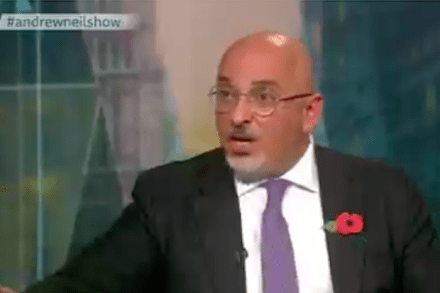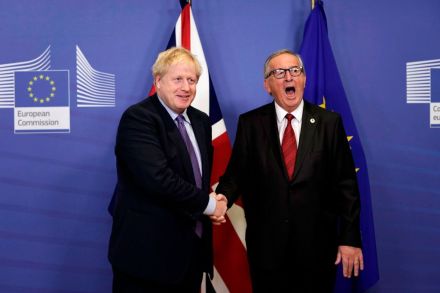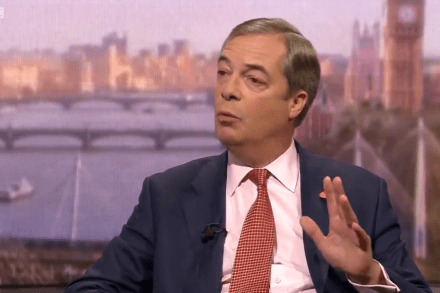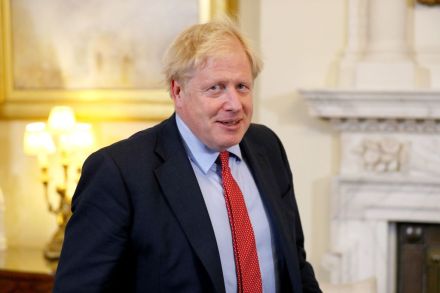The case for amnesty: why it’s time to offer citizenship to illegal immigrants
There is an unspoken truth about British life: we have two classes of citizen. The first are those born or formally settled here, who have all the rights and protections of the law. Then there are perhaps a million others who may have lived here with their families for years but without the proper documents. They can be our neighbours, work in our shops, contribute to our economy — yet they do not have the same basic protections and are far more vulnerable to exploitation. These are the so-called illegal immigrants, and it is past time to offer them amnesty. Britain has become the most successful melting pot in Europe,
















